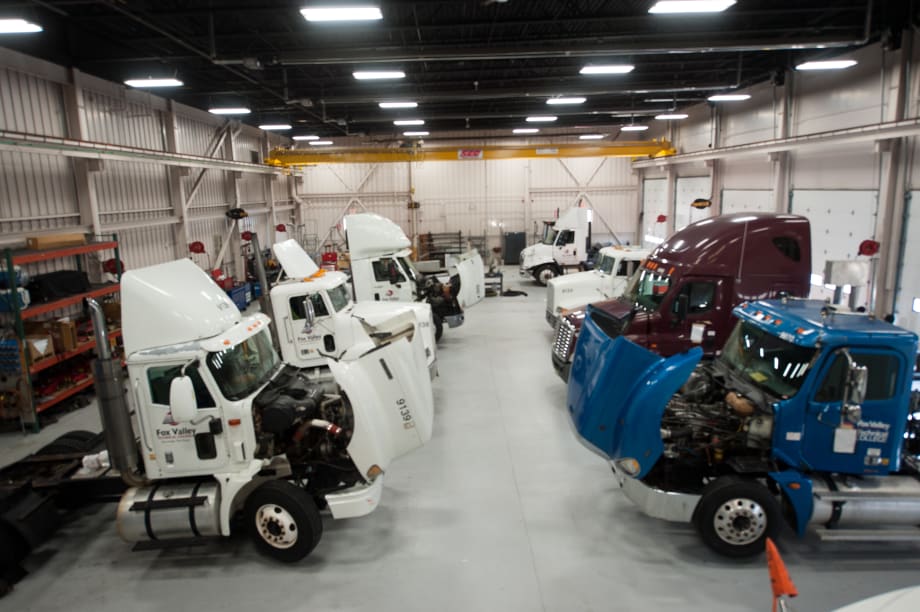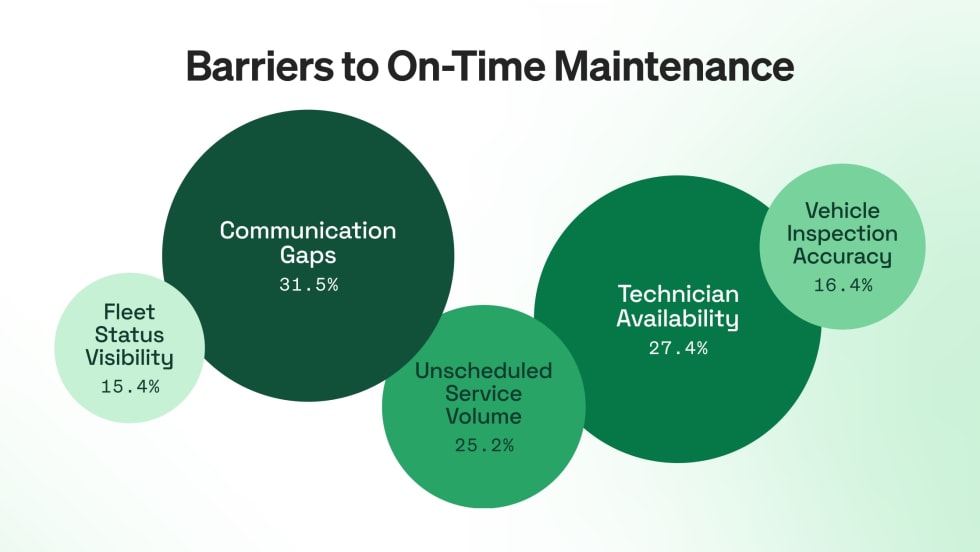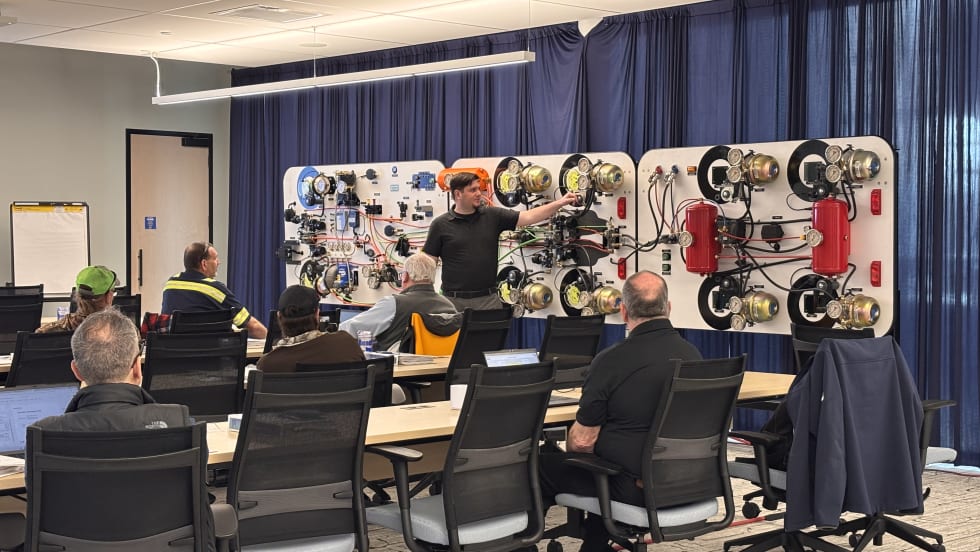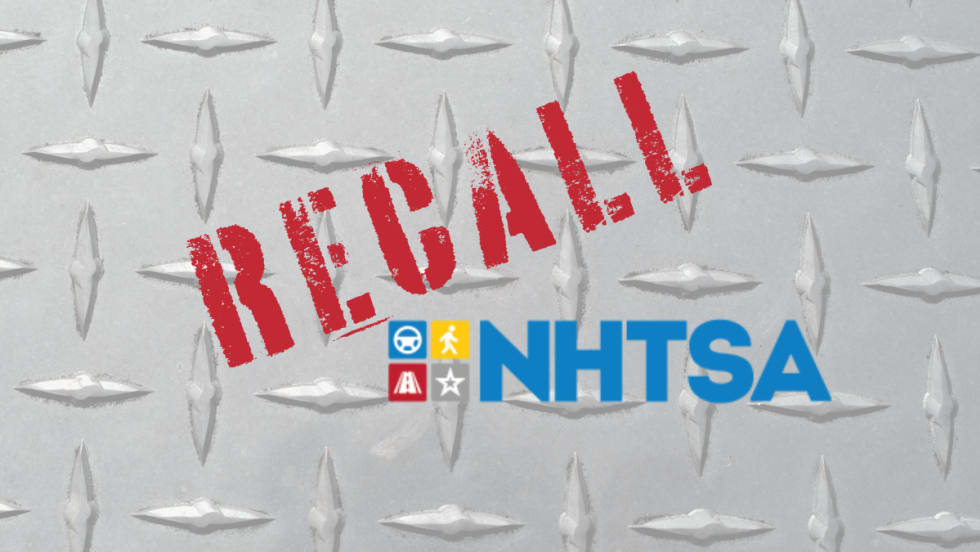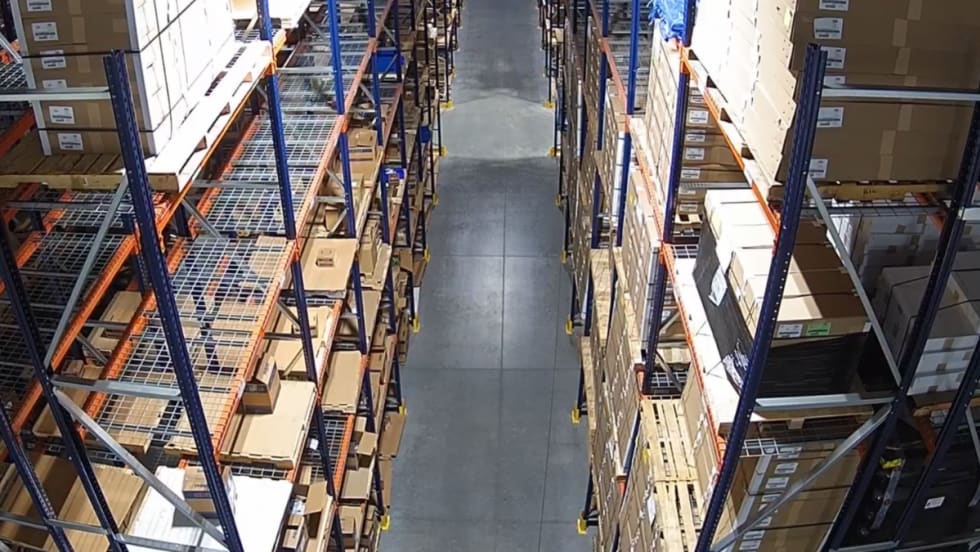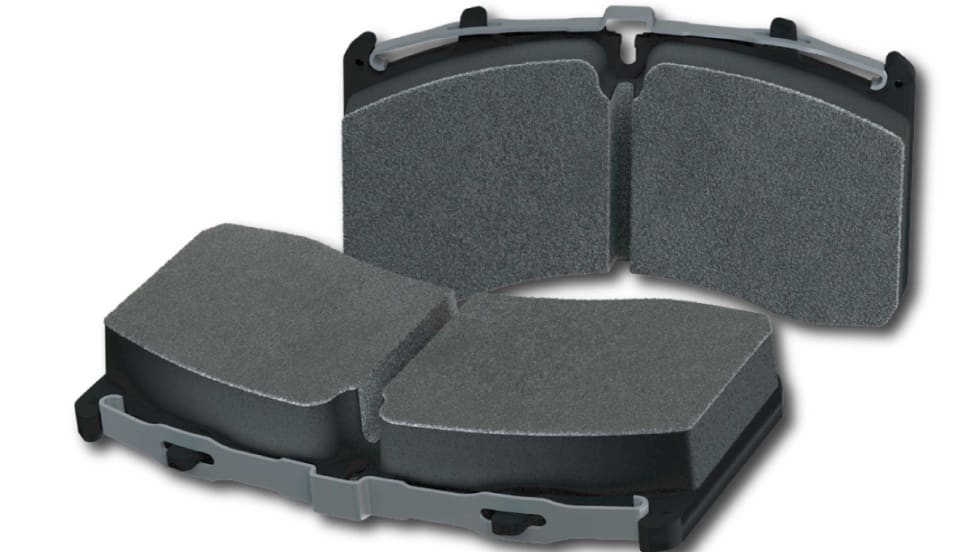Jay Duca, an instructor with Fox Valley Technical College in Appleton, Wisconsin, says he recently began noticing a new kind of student in his classroom. Where in the past, students entered the program with a lengthy mechanical background, today’s students often have “never even opened a toolbox.” To ensure the success of these students, FVTC has sought ways to better impart information to them.
As Duca dug into ways to speed up the learning process and further students’ understanding of the diesel engine, he learned of another program using augmented reality to teach anatomy and thought it would work well in the diesel program.
Upon receiving funding, Duca tapped into the expertise of Tou Xiong and Josh Janikowski of FVTC’s Learning Innovations team to create a VR-based diesel engine to use in the college’s diesel technology programs. The AR engine, which uses the Microsoft HoloLens, responds to voice commands and includes advanced vantage points to optimize the training experience for students. For example, the shell of the engine is removable by voice command, so students can see integral operating parts such as the crankshaft, pistons, valves, connecting rods, and more.
The prototype was rolled out in the fall of 2017 and has been used to teach students combustion. The first version focused on a single cylinder, but the next version will enable students to see all six cylinders firing at the same time.
Duca says the new technology really speeds up students’ learning curves. The AR system supplements traditional lecture and whiteboard drawings with a hands-on tool. “It’s one thing to draw it on the board, but to actually watch it fire is a totally different thing,” he says.
Many manufacturers already employ AR systems. Renault, for example, uses it to teach how to perform final inspections in engine assembly, while others use it in vehicle design and maintenance. “The sky is the limit for this technology,” Duca says. “But we need to be smart about it and only use the HoloLens for material that is hard to deliver via lecture, demonstration or lab activity.”
Duca also plans to use the system as a means of getting people excited about the diesel tech field. “We are about to start that,” he says. “We need to reach students early if we are to attract them to the field.”



